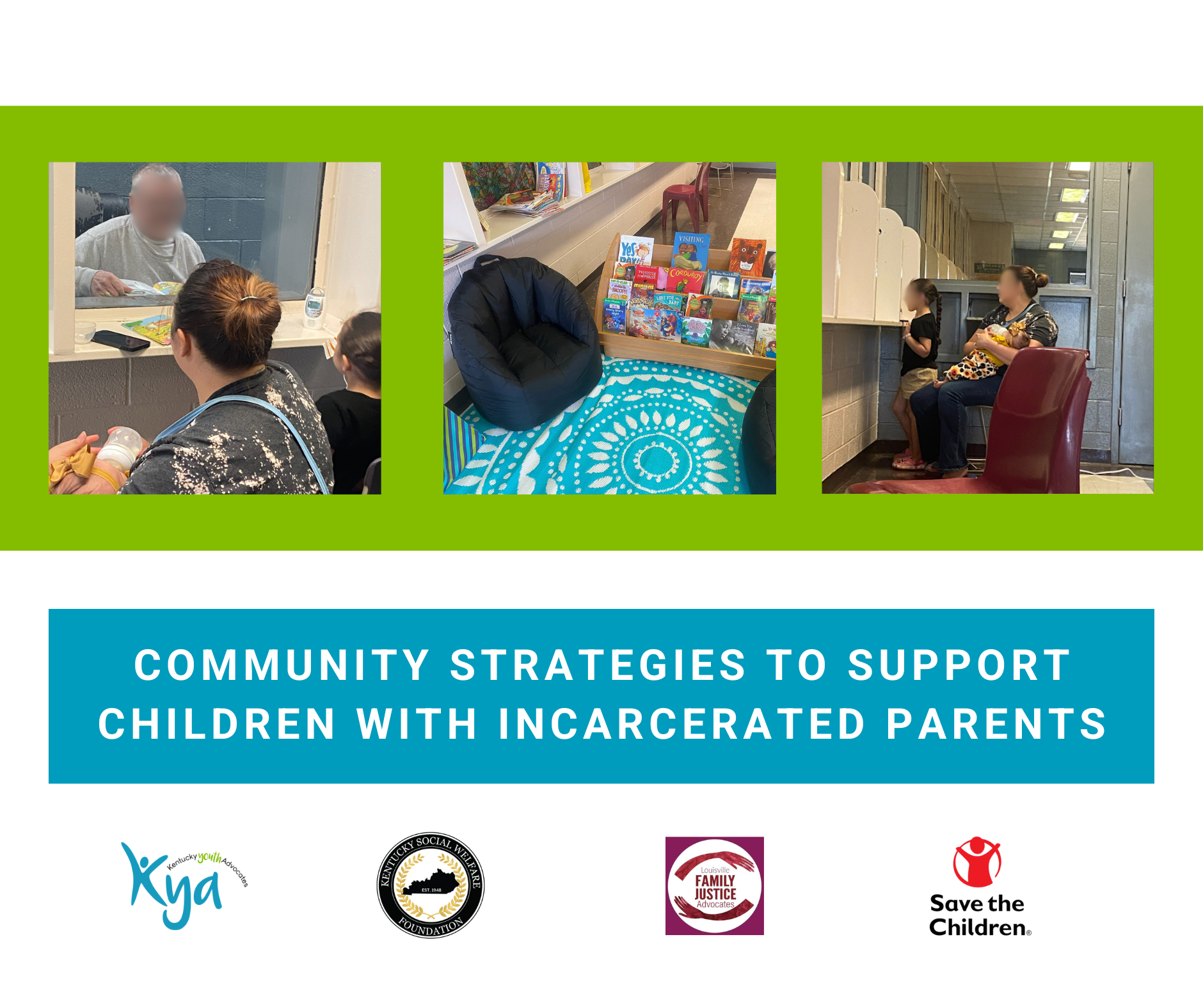 A common principle exists in the medical field that physicians should “first, do no harm.” A new journal article by the American Academy of Pediatrics draws to light the need for that principle to be applied in the youth justice field as we hold youth accountable for the behavior that brings them into the youth justice system. The research has been clear for years that locking up youth can disrupt a child’s development just as the architecture of the brain is being constructed. Now we learn that incarceration as a youth impacts adult health outcomes.
A common principle exists in the medical field that physicians should “first, do no harm.” A new journal article by the American Academy of Pediatrics draws to light the need for that principle to be applied in the youth justice field as we hold youth accountable for the behavior that brings them into the youth justice system. The research has been clear for years that locking up youth can disrupt a child’s development just as the architecture of the brain is being constructed. Now we learn that incarceration as a youth impacts adult health outcomes.
For youth who get locked up, the large-scale study documents that any amount of incarceration is associated with worse physical health and mental health in adulthood. This finding held true even when accounting for the youths’ prior (baseline) health and a number of social determinants of health at the individual, family, and community levels. Even being incarcerated for less than a month as a youth is associated with adult depressive symptoms. Incarceration longer than one month was associated with worse physical and mental health, while incarceration for longer than one year was also associated with suicidal thoughts in adulthood.
While more study is needed on why the incarceration of youth contributes to worse health outcomes in adulthood, a piece of the solution is ensuring that we aren’t locking up youth when what they really need is behavioral health treatment. National statistics show that many of the youth who are incarcerated have great health needs:
- 46% of newly detained youth have urgent medical needs requiring immediate attention;
- 70% of incarcerated youth have at least one psychiatric disorder; and
- 12% of youth currently incarcerated, both boys and girls, are expecting a child of their own.
The linkage between youth incarceration and adult health outcomes is clear, which reinforces the need for continued reforms to Kentucky’s youth justice system. While it is essential to hold children accountable, we can use more effective methods than secure detention – particularly when the overwhelming majority of bookings in Kentucky’s secure detention facilities are for nonviolent offenses.
For several years, the Blueprint for Kentucky’s Children policy priorities have promoted a more efficient and effective youth justice system that holds kids accountable, helps them grow to become contributing members of their community, and increases public safety and health outcomes. We’ve made strides in improving the youth justice system, but what can we do to further minimize the effects of incarceration on our youth?
One clear option is to more effectively respond to children who get in trouble through swift and appropriate community responses instead of detention. This should include family interventions when young children get in trouble or when parents and teens fight. It should include restorative justice so the child realizes the impact of his or her action and helps restore the victim. It should also include ensuring communities across Kentucky have access to shelters for youth who run away from home with staff highly skilled in working with the youth so they don’t need to be incarcerated.
When it comes to youth justice, we must think about both the short-term and the long-term impacts. Yes, we must hold kids accountable for their actions, but once they get back on track we must do what we can to provide them with opportunities for a brighter future—including their overall health.






Thanks for posting this. We need serious reform of our corrections systems in KY which does very little for rehabilitation. This affects young adults but is also the continuing failure of those who make their way into the system as youthful offenders.